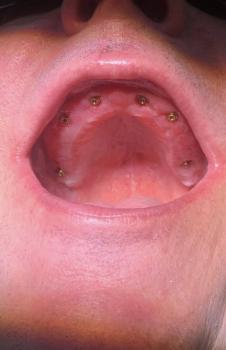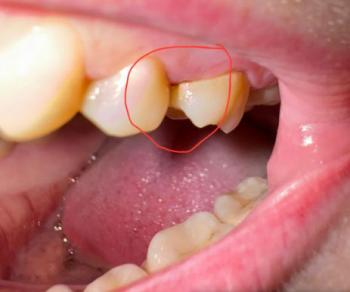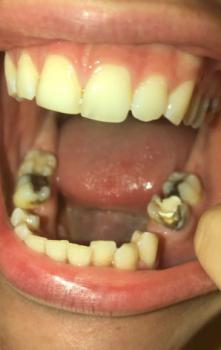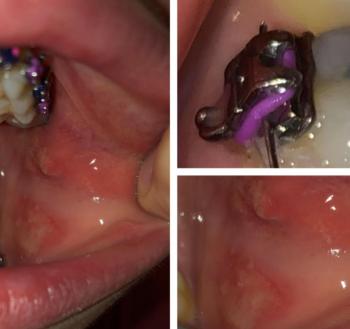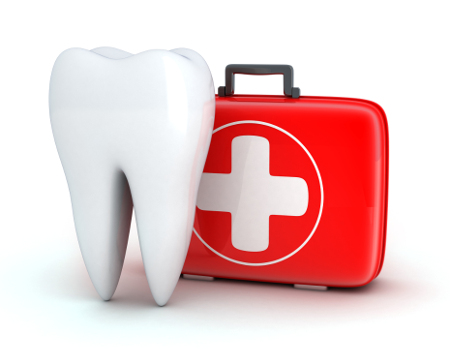Strong Teeth, Fresh Breath, Brighter You.
The Ache of Loss: How Grief Can Hurt Your Teeth and Gums
Language :
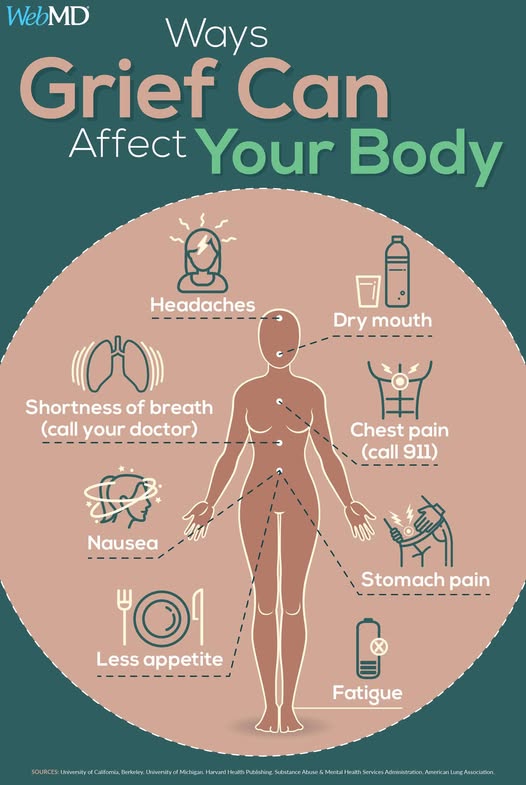
Grief is a universal human experience, a deep and personal anguish that follows loss. We expect it to weigh heavily on our hearts and minds, but we are often surprised when it manifests as physical pain. That knot in your stomach, the tension in your shoulders, the overwhelming fatigue—these are all recognized, albeit difficult, parts of the grieving process.
But what about the dull ache in your jaw when you wake up? Or the sudden sensitivity in a tooth that was never a problem before? You might be surprised to learn that your mouth, particularly your teeth and gums, can become a silent, painful canvas for your emotional distress.
The connection isn't just anecdotal. A growing body of research is drawing clear lines between intense emotional states like grief and a decline in oral health. Here’s how your body translates heartache into toothache.
The Physiology of Stress: Your Body's Alarm System
Grief is a profound form of psychological stress. When you're grieving, your body enters a state of "fight or flight," releasing a cascade of hormones like cortisol and adrenaline. This is helpful in short bursts, but chronic stress keeps these levels elevated, which can wreak havoc on your entire body, including your mouth.
-
Neglect of Oral Hygiene: This is the most direct link. When you're consumed by grief, the energy for daily routines can vanish. Brushing and flossing can feel like monumental tasks. This lapse in hygiene allows plaque to build up rapidly, leading to cavities, inflamed gums (gingivitis), and if left unchecked, advanced gum disease (periodontitis).
-
Teeth Grinding and Clenching (Bruxism): Stress and grief are major triggers for bruxism, often during sleep (nocturnal bruxism) or subconsciously during the day. This constant pressure can:
-
Wear down tooth enamel, leading to sensitivity and pain.
-
Cause chips, cracks, or fractures in teeth.
-
Strain jaw muscles, leading to temporomandibular joint disorder (TMJ), which causes pain in the jaw, face, and even ears.
-
Contribute to headaches upon waking.
-
-
Dry Mouth (Xerostomia): Stress can alter your salivary flow. Furthermore, many people experiencing grief may be prescribed medications for anxiety or depression, a common side effect of which is dry mouth. Saliva is crucial for neutralizing acids and washing away food particles. Without it, your risk for tooth decay and gum disease skyrockets.
-
Lowered Immune Response: Elevated cortisol levels suppress your immune system. This makes it harder for your body to fight off the bacteria that cause gum infections. If you have pre-existing gingivitis, grief and stress can accelerate its progression to full-blown periodontitis.
-
Dietary Changes: Grief can lead to poor nutritional choices—reaching for sugary comfort foods or forgetting to eat and drink altogether. Both extremes create an environment in which harmful oral bacteria thrive.
What the Research Says
The link is more than just theoretical. Numerous studies have established this connection:
-
A 2018 study in the Journal of Clinical Periodontology found that people with higher levels of psychological stress had significantly worse outcomes for periodontitis.
-
Research published in the Journal of Oral Rehabilitation has consistently shown a strong correlation between stress, anxiety, and sleep bruxism.
-
The Journal of Periodontal Research has published reviews confirming that stress is a significant risk factor for the development and progression of periodontal disease, largely due to immunosuppression and behavioral changes.
What You Can Do About It
If you are navigating a period of grief, be kind to yourself. Acknowledging the physical symptoms is the first step toward managing them.
-
Prioritize Gentle Routine: Don't beat yourself up for missing a brushing. Instead, try to see oral hygiene as a small, manageable act of self-care. Even a quick, gentle brush is better than nothing. Keep a toothbrush by your bed for those days when getting to the sink feels impossible.
-
Stay Hydrated: Drink plenty of water. This helps combat dry mouth and is generally beneficial for your overall well-being.
-
Be Mindful of Your Jaw: Pay attention throughout the day. Are you clenching your jaw? Try to keep your lips together but your teeth apart. Placing the tip of your tongue between your teeth can help train your jaw muscles to relax.
-
Talk to Your Dentist: This is crucial. Be honest about what you're going through. Your dentist can:
-
Examine your mouth for signs of bruxism and may recommend a custom night guard to protect your teeth while you sleep.
-
Identify early signs of decay or gum disease and treat them simply before they become major issues.
-
Provide advice tailored to your specific symptoms.
-
-
Seek Emotional Support: Caring for your mental health is caring for your oral health. Talk to a therapist, a grief counselor, a support group, or trusted friends and family. Processing your emotions will, in time, help alleviate the physical stress on your body.
Grief hurts. It’s supposed to. But by understanding how that emotional pain can manifest physically, you can take small, compassionate steps to protect your oral health during one of life's most challenging times. Your mind and your mouth will thank you for it.
Disclaimer: This blog post is for informational purposes only and is not intended to be a substitute for professional medical advice, diagnosis, or treatment. Always seek the advice of your dentist, physician, or other qualified health provider with any questions you may have regarding a medical condition.
Further Reading & Research Links:
-
American Psychological Association - Stress Effects on the Body
-
Journal of Clinical Periodontology - Stress and Periodontitis (2018 Study Abstract)
#Grief #OralHealth #Stress #TeethGrinding #GumDisease #DentalResearch #MentalHealth


